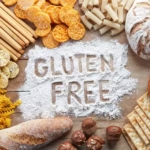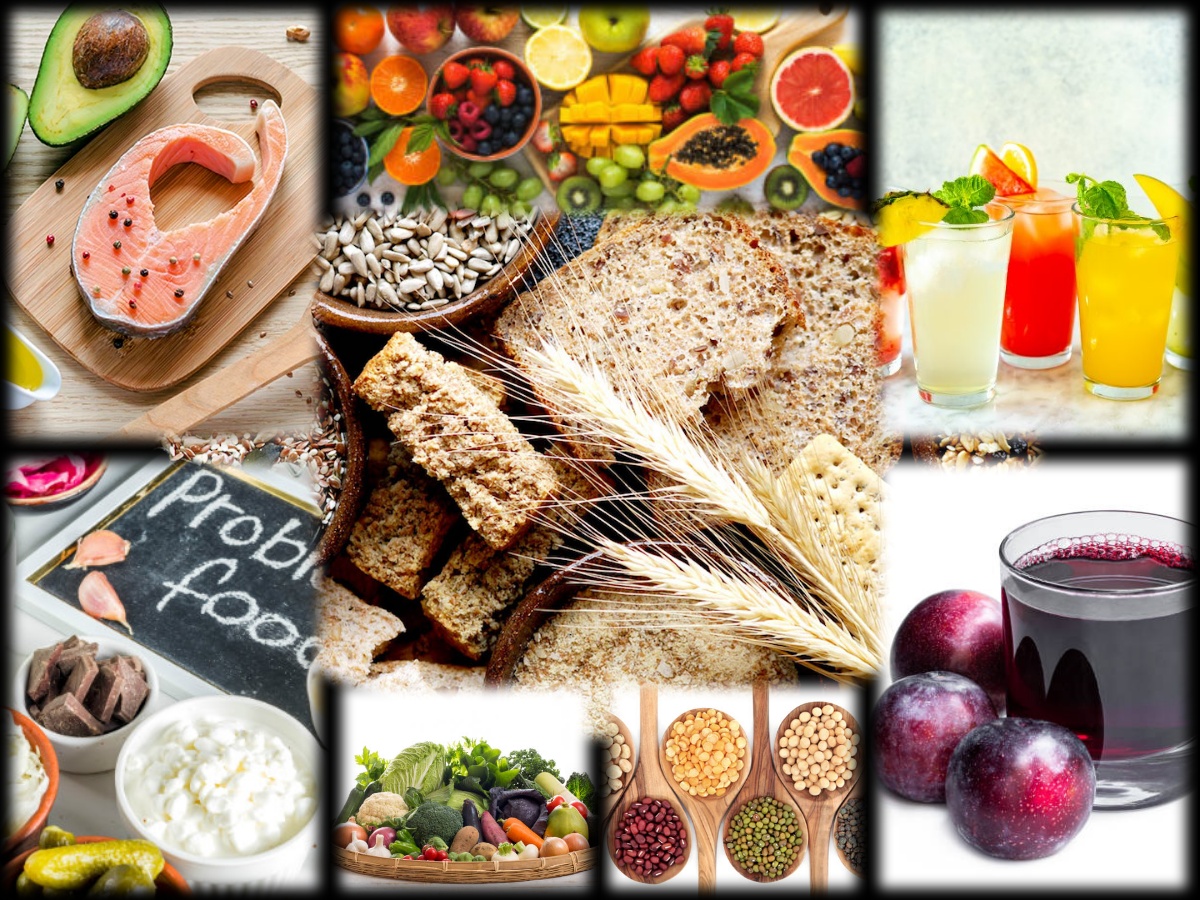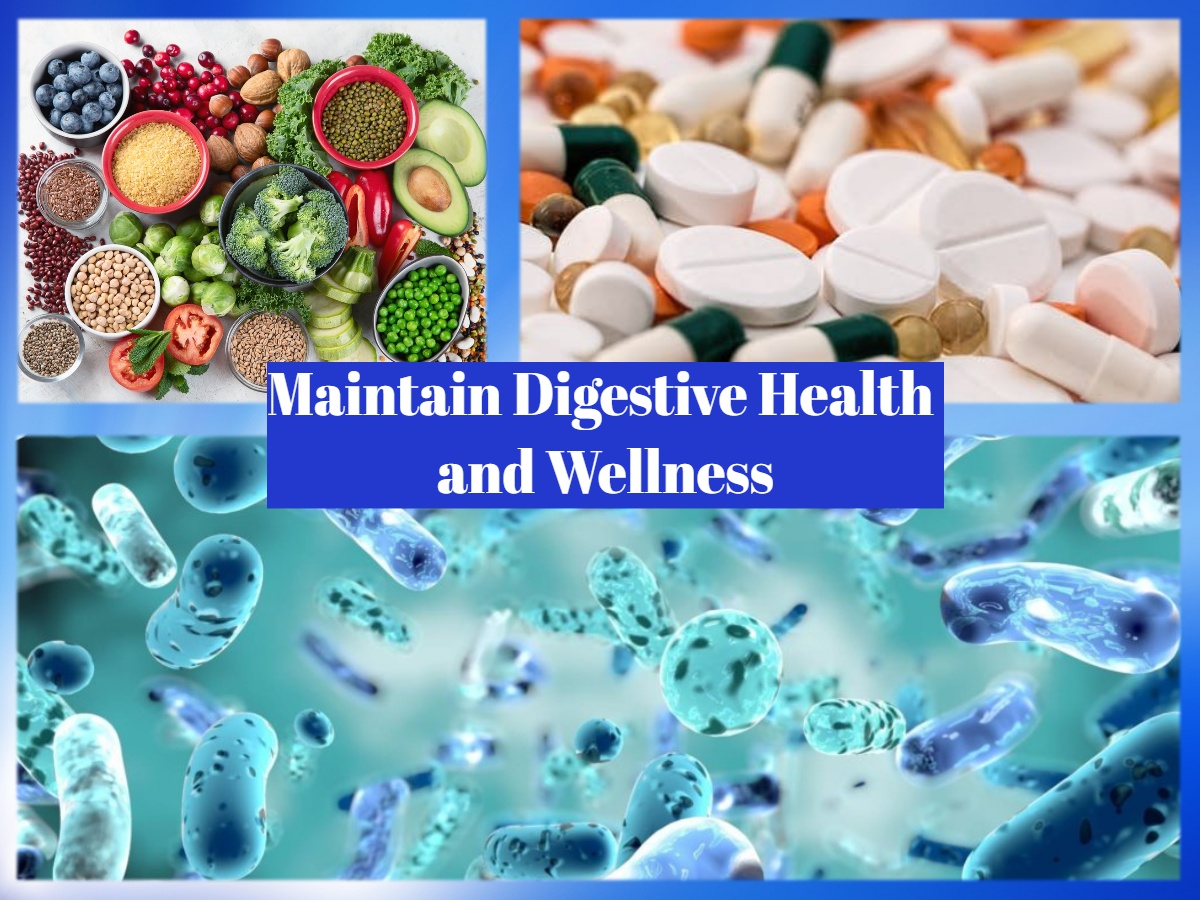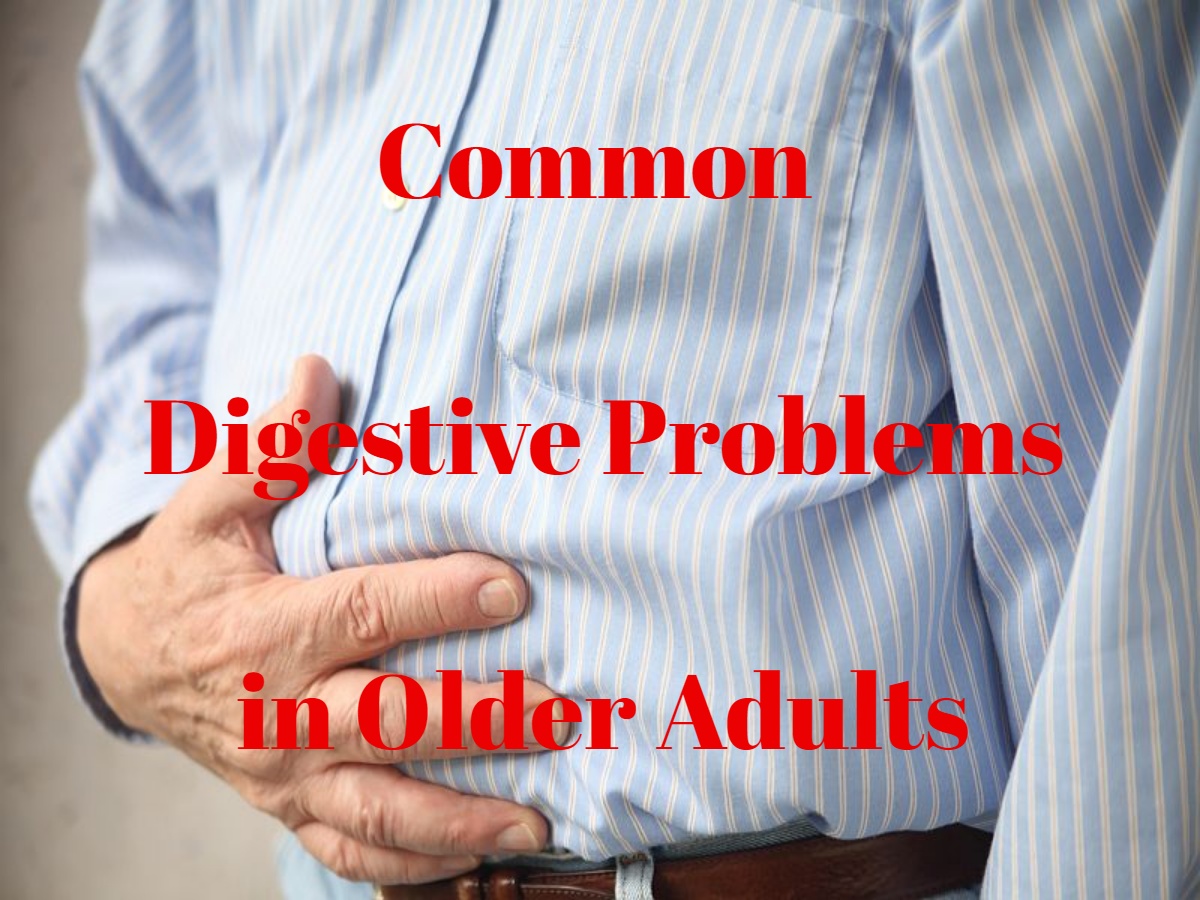Constipation can feel like a frustrating, often embarrassing condition that affects millions of people worldwide. However, breaking free from its grip is entirely possible with the right approach. Let’s dive into essential tips and lifestyle changes that can promote healthy bowel movements.
Table of Contents
Recognizing Constipation
Signs and Symptoms
The primary symptom of constipation is having fewer than three bowel movements per week. However, constipation can manifest through a variety of signs, including:
- Difficulty Passing Stools: Straining or struggling to pass stools is a common indicator of constipation.
- Hard or Lumpy Stools: Stools may become hard, dry, or lumpy, making them difficult to pass.
- Feeling of Incompleteness: After a bowel movement, there may be a sensation that not all stool has been passed.
- Bloating or Abdominal Discomfort: Constipation can cause bloating, abdominal pain, or discomfort.
- Decreased Appetite: In some cases, constipation can lead to a reduced appetite.
Common Causes
Constipation can be caused by a variety of factors, including:
- Dietary Factors: A diet low in fiber, not drinking enough water, or a sudden change in eating habits can lead to constipation.
- Physical Inactivity: Lack of exercise or prolonged sitting can decrease bowel motility.
- Medications: Certain medications, including painkillers, antacids containing aluminum or calcium, and some blood pressure drugs, can cause constipation.
- Age: Older adults are more prone to constipation due to reduced gut activity, use of medication, and other health conditions.
- Stress and Mental Health: Stress, anxiety, and depression can impact the digestive system and lead to constipation.
- Medical Conditions: Some medical conditions, such as diabetes, hypothyroidism, and neurological disorders, can contribute to constipation.

Diet and Hydration: The Foundation of Digestive Health
The Importance of Fiber
Fiber is a key dietary component that aids in digestion and prevents constipation. It adds bulk to the stool, making it easier to pass and helping maintain regular bowel movements. There are two types of fiber, both of which are important for digestive health:
- Soluble Fiber: It dissolves in water, forming a gel-like substance that helps soften stools. Sources include oats, apples, carrots, and beans.
- Insoluble Fiber: This type of fiber does not dissolve in water and adds bulk to the stool. Whole grains, nuts, vegetables, and wheat bran are excellent sources.
Hydration is Key
Water plays a crucial role in digestion. It helps dissolve fats and soluble fiber, allowing these substances to pass through the intestines more easily. Adequate hydration also ensures that the bulk formed by fiber can move smoothly through the digestive tract.
Dehydration is a common cause of constipation, as the colon absorbs water from the waste, making the stool hard and difficult to pass. Drinking sufficient water and other fluids throughout the day can prevent this issue and aid in maintaining healthy bowel movements.
Probiotic and Prebiotic Foods
Probiotics are live bacteria that are beneficial for the digestive system, while prebiotics are fibers that feed these good bacteria. Including probiotic-rich foods like yogurt, kefir, and sauerkraut in your diet can help maintain a healthy balance of gut bacteria, which is essential for digestion and preventing constipation. Prebiotic foods, such as bananas, onions, and garlic, support the growth of beneficial bacteria in the gut.
Limiting Constipating Foods
Some foods can contribute to constipation and should be consumed in moderation. These include:
- Processed Foods: High in fat and low in fiber, processed foods can slow down digestion.
- Dairy Products: In some individuals, dairy can cause constipation due to its low fiber content and potential to slow down gastrointestinal movement.
- Red Meat: It can take longer to digest, reducing the frequency of bowel movements.

Exercise and Lifestyle: Movement Matters
The Benefits of Physical Activity
Physical activity stimulates the natural contraction of intestinal muscles, ensuring that stool passes more smoothly through your digestive tract. This not only helps in reducing the time it takes for food to move through the large intestine but also limits the amount of water absorbed from the stool into the body, making it easier to pass. Here are some key points highlighting the importance of exercise for digestive health:
- Enhanced Gut Motility: Regular exercise improves gut motility, which is vital for moving waste through and out of the body efficiently.
- Stress Reduction: Exercise is known to reduce stress, which can be a contributing factor to constipation. Stress impacts the gut-brain interaction, potentially leading to or exacerbating digestive issues.
- Weight Management: Maintaining a healthy weight through exercise can prevent obesity-related digestive problems, including constipation.
Recommended Types of Exercise
Virtually any form of exercise can help improve your digestion, but some activities are particularly beneficial:
- Aerobic Exercises: Activities like walking, running, swimming, and cycling increase your heart rate, stimulate intestinal muscles, and facilitate the passage of gas and stool through the gut.
- Yoga: Certain yoga poses are designed to improve digestion by stimulating peristalsis, reducing bloating, and relieving constipation.
- Strength Training: While the focus is often on building muscle, regular strength training can also help improve bowel movements by enhancing overall body function, including digestion.
Incorporating Movement into Your Routine
For many, finding time for exercise can be challenging, but even small changes can make a significant difference:
- Start Small: If you’re new to exercising, begin with short walks and gradually increase the duration and intensity of your workouts.
- Consistency is Key: Aim for at least 30 minutes of moderate exercise most days of the week. Consistent, regular physical activity is more beneficial than sporadic, intense workouts.
- Make It Enjoyable: Choose activities you enjoy. You’re more likely to stick with an exercise routine if it’s fun and engaging.
Lifestyle Considerations
Beyond exercise, other lifestyle factors can impact bowel health:
- Routine: Establishing a regular routine for meals and bathroom visits can help regulate bowel movements.
- Hydration: Exercise increases the need for fluids, so ensure you’re drinking enough water to compensate for what you lose through sweat.
- Diet: Pay attention to your diet, especially before and after workouts. Fueling your body with the right nutrients can maximize the benefits of exercise on your digestive system.

The Role of Probiotics in Digestive Health
Understanding Probiotics
Probiotics comprise various strains of bacteria, primarily from the Lactobacillus and Bifidobacterium families, and yeast such as Saccharomyces boulardii. These beneficial microorganisms thrive in the gastrointestinal tract, where they perform several crucial functions:
- Enhancing the Gut Barrier: They fortify the intestinal lining, preventing harmful substances and pathogens from “leaking” into the body.
- Balancing Gut Flora: Probiotics help maintain a healthy balance of gut bacteria, which is essential for effective digestion and nutrient absorption.
- Stimulating Digestion: By breaking down indigestible fibers, probiotics aid in the formation of softer, bulkier stools that are easier to pass.
Benefits of Probiotics for Constipation
The consumption of probiotics can be particularly beneficial for individuals experiencing constipation, offering the following advantages:
- Improved Bowel Movement Frequency: Regular intake of probiotics has been linked to increased bowel movement frequency, providing relief from constipation.
- Softer Stools: Probiotics can help increase stool softness, making bowel movements less painful and more effortless.
- Enhanced Gut Motility: Some strains of probiotics can stimulate the muscles in the gut, enhancing its motility and reducing transit time for waste.
Sources of Probiotics
Incorporating probiotics into one’s diet can be accomplished through both supplements and food sources. Probiotic-rich foods include:
- Yogurt: One of the most accessible sources, select varieties that contain live and active cultures.
- Kefir: A fermented milk drink packed with multiple strains of beneficial bacteria and yeasts.
- Sauerkraut and Kimchi: Fermented vegetables that provide a diverse array of probiotics.
- Miso and Tempeh: Fermented soybean products that offer both probiotics and a hearty dose of protein.
Choosing the Right Probiotics
When selecting probiotic supplements or foods, it’s crucial to pay attention to the specific strains and the CFU (colony-forming units) count, which indicates the amount of live microorganisms present. Consulting with a healthcare provider can also help determine the most suitable probiotic strains for your digestive health needs.

Over-the-Counter Solutions: A Temporary Fix
Laxatives: A Varied Assortment
Laxatives are the most prevalent OTC option for relieving constipation, available in several forms, each working differently to ease bowel movements:
- Bulk-forming Agents: These mimic the action of dietary fiber, absorbing water in the intestine to form a soft, bulky stool that prompts a bowel movement. They are considered one of the safest options and include psyllium husk and methylcellulose.
- Stool Softeners: Also known as emollients, stool softeners like docusate sodium add moisture to the stool, making it easier to pass.
- Osmotic Laxatives: These draw water into the colon to soften stool and stimulate a bowel movement. Examples include polyethylene glycol and lactulose.
- Stimulant Laxatives: These act by triggering the intestinal muscles to contract, facilitating stool passage. They include senna and bisacodyl but should be used sparingly due to potential side effects and dependency risks.
Stool Softeners: Easing the Strain
Stool softeners, as their name suggests, primarily work by moistening the stool, which can be particularly beneficial for individuals who must avoid straining, such as those recovering from surgery or childbirth.
The Role of Suppositories and Enemas
In addition to oral laxatives, suppositories and enemas offer alternative methods for stimulating bowel movements, often working more quickly. They can be particularly useful when oral medications are not effective or when immediate relief is needed.
Guidelines for Use
While OTC remedies can provide significant relief, they are best used under specific conditions:
- Short-term Relief: They are primarily designed for occasional use and not as a long-term solution for chronic constipation.
- Following Directions: It’s essential to use these products as directed on the package or by a healthcare provider to avoid potential side effects or complications.
- Underlying Causes: Addressing the root cause of constipation, whether it be diet, hydration, exercise, or an underlying medical condition, is crucial for long-term management.
Potential Risks and Considerations
Overuse or misuse of laxatives and other OTC remedies can lead to dependency, where the bowel becomes reliant on these aids to function. Additionally, overuse can result in dehydration, electrolyte imbalances, and other health issues.
The Psychological Aspect: Mind Over Matter
Stress and the Digestive System
Stress is a known factor that can exacerbate or even contribute to the onset of constipation. When stressed, the body enters a “fight or flight” mode, which can alter digestive processes. Blood flow to the digestive system is reduced, and secretion of digestive enzymes decreases, leading to slower GI motility. For many, this can result in delayed bowel movements or harder stools.
Anxiety and Its Effects
Similarly, anxiety can negatively affect digestive health. Individuals with anxiety may experience an increased frequency of gastrointestinal symptoms, including constipation. The nervousness and uncomfortable sensations associated with anxiety can lead to a disruption in the natural rhythm of the GI tract, further complicating bowel movements.
The Role of Depression
Depression has been linked to various physical symptoms, including digestive issues like constipation. This connection is partly due to reduced physical activity often seen in depressed individuals, changes in appetite, and the overall impact of depression on the body’s systems, including the gut.
Mindfulness and Relaxation Techniques
Addressing the psychological factors associated with constipation involves adopting strategies aimed at reducing stress and improving mental well-being. Mindfulness meditation, yoga, and deep-breathing exercises are effective tools for mitigating stress and its impact on the digestive system. These practices promote relaxation, enhance gut motility, and can help restore regular bowel movements.
Cognitive Behavioral Therapy (CBT)
For those whose constipation is significantly influenced by psychological factors, cognitive-behavioral therapy (CBT) can be beneficial. CBT helps in identifying and modifying negative thought patterns and behaviors that may contribute to stress and anxiety, thereby potentially alleviating the psychological triggers of constipation.

Success Stories: Inspiration and Hope
Story 1: Diet and Hydration Make a Difference
Emily, a 35-year-old graphic designer, had battled with chronic constipation for years, feeling uncomfortable and bloated most days. After researching and consulting with a nutritionist, she decided to overhaul her diet, incorporating more fiber-rich foods like fruits, vegetables, and whole grains, and significantly increasing her water intake. Within weeks, Emily noticed a remarkable improvement in her bowel movements and overall well-being. This dietary shift, coupled with regular exercise, became her long-term strategy for maintaining digestive health.
Story 2: The Power of Regular Exercise
Mark, a 42-year-old teacher, found relief from constipation through regular physical activity. Despite a relatively healthy diet, his sedentary lifestyle contributed to his digestive issues. Encouraged by a friend, he started a regimen of daily walks and weekly swimming sessions. The increase in physical activity not only alleviated his constipation but also enhanced his mood and energy levels. Mark’s story highlights the critical role exercise plays in stimulating digestive function.
Story 3: Stress Management as a Key Factor
Sara, a 29-year-old lawyer, experienced severe constipation during periods of high stress at work. Realizing the impact of stress on her digestive system, she explored various relaxation techniques, including yoga, meditation, and deep-breathing exercises. By incorporating these practices into her routine, Sara found that her symptoms significantly diminished. Her experience demonstrates the vital connection between mental health and physical symptoms like constipation.
Story 4: Overcoming Constipation with Probiotics
Alex, a 50-year-old retiree, struggled with constipation that was unresponsive to traditional dietary changes. On the advice of his healthcare provider, he began taking a daily probiotic supplement. To his surprise, within a month, his digestive health had drastically improved, with regular bowel movements becoming the new norm. Alex’s success with probiotics underscores the importance of gut flora balance in digestive health.
Story 5: A Holistic Approach to Lifelong Relief
Linda, a 38-year-old entrepreneur, faced constipation as a symptom of her overall lifestyle. By adopting a holistic approach that included dietary changes, regular exercise, hydration, and mindfulness practices, she addressed her constipation comprehensively. Linda’s story is a testament to the power of a multi-faceted approach in resolving digestive issues.
Resources and Support: You’re Not Alone
Online Platforms and Communities
Numerous online forums and social media groups are dedicated to digestive health issues, including constipation. These platforms allow you to connect with others experiencing similar challenges, share experiences, and receive support and advice. Websites like the International Foundation for Gastrointestinal Disorders (IFFGD) and the American Gastroenterological Association (AGA) provide valuable information and forums for discussion.
Educational Resources
Educational websites and health blogs often feature articles, videos, and infographics about managing constipation and improving digestive health. Reputable medical websites like Mayo Clinic, WebMD, and Healthline offer evidence-based advice and insights into the latest research and treatment options.
Support Groups
Local and online support groups can be invaluable in providing emotional support and practical advice. These groups offer a safe space to discuss your experiences, challenges, and successes in managing constipation. To find a support group near you, check with local hospitals, clinics, or search online for community groups focused on digestive health.
Mobile Apps and Tools
Several mobile apps are designed to help track dietary habits, bowel movements, and exercise, which can be beneficial in managing constipation. These tools can help you identify patterns or triggers for your symptoms and monitor your progress over time.
Books and Publications
A variety of books and publications offer in-depth information on digestive health, including dietary guides, cookbooks with high-fiber recipes, and personal narratives about overcoming digestive disorders. These resources can provide both knowledge and inspiration.
Nutritional Guidance
Consulting with a dietitian or nutritionist can offer personalized dietary advice tailored to your specific needs and health goals. These professionals can help you adjust your diet to include more fiber-rich foods, proper hydration, and balanced nutrients to support digestive health.
FAQs: Common Questions Answered
- How much fiber should I include in my diet daily to prevent constipation?
- Can too much exercise worsen constipation?
- Are there any specific probiotics recommended for constipation relief?
- How can I tell if my constipation is serious enough to see a doctor?
- Can stress alone cause constipation?
Conclusion: A Journey to Better Health
Breaking free from constipation requires a multifaceted approach, focusing on diet, exercise, and overall well-being. By adopting the tips outlined, you can embark on a journey towards healthier bowel movements and improved digestive health.










